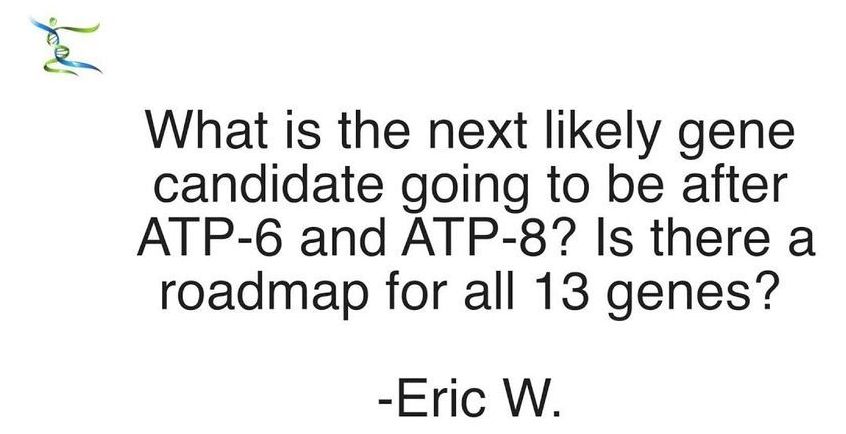A recent study has suggested that A.Ceratii, a parasite that feeds on small life forms, including the ones that form algal blooms, contains mitochondria that have no mitochondrial DNA, and at least some of this DNA is found in the parasite’s own genetic code. However, a few genes found in humans are missing and replaced with alternatives [1].
What are mitochondria?
Mitochondria, commonly referred to as the “powerhouses of the cell”, are essentially tiny chemical factories in our cells that turn fats and sugars into adenosine triphosphate (ATP), a form of chemical energy. One reason we need to breathe oxygen to live is to keep our mitochondria running.
Read more
